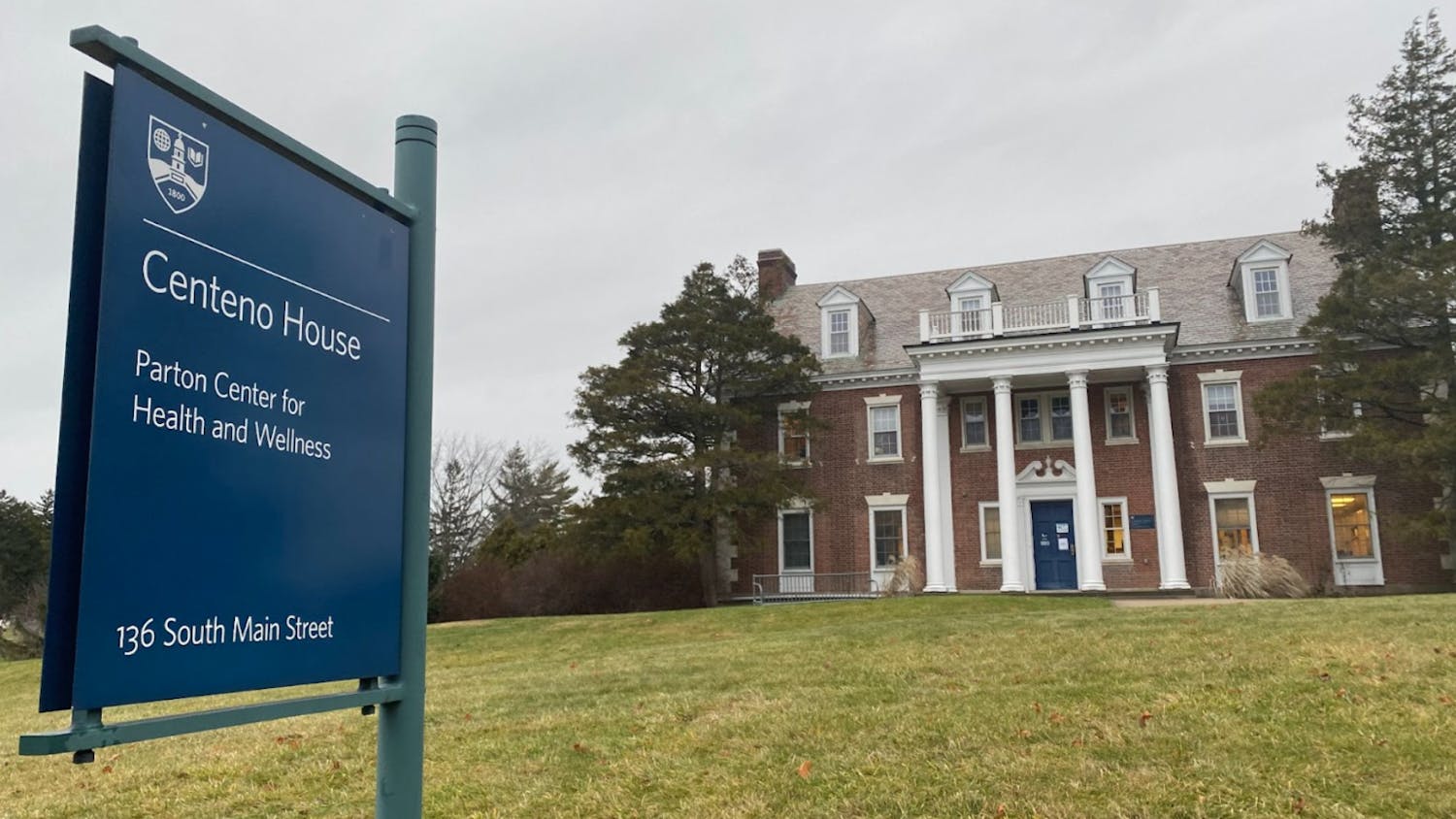Florida Governor Ron DeSantis appointed six new members to the Board of Trustees at the New College of Florida on Jan. 6. It’s a small, public liberal arts institution, with about 700 students, a unique teaching style focused on academic experimentation over a strict curriculum, and an impressive track record of producing impressive alumni. It also has a reputation for being the most progressive college in Florida. Or it, at least, had that reputation, as the new Trustees are a set of hard-right firebrands that have been tasked with taking the college down to its studs and building a new institution in its place. The most prominent of the six is Christopher Rufo, a hardliner at the far-right Claremont Institute who made his name attacking critical race theory and “gender ideology.” DeSantis’ decision is a particularly brazen move, but it is not an isolated act. Higher education has been considered a bastion of the left for some time, but as conservatives have become more statist and assertive, they now seem willing to use the government to cudgel universities. And universities are more vulnerable than ever.
Everyone who believes in an independent and freethinking university system should feel obligated to stand up to this sort of petty authoritarianism. But in truth, America’s universities have done little recently to engender the respect of the American people. Forty two percent of Americans think that colleges are hurting the country, and countless more have serious issues with the state of higher ed. If higher learning wants to survive in an increasingly polarized and antagonistic period of politics, it needs to make more friends, and fast.
The most glaring and practical problem is one of finance. Universities have spent more and more on frivolous line items, and tuition has, unsurprisingly, gone up. It has reached a point that no matter how much administrators talk about Diversity, Equity and Inclusion, their decisions actually price out impoverished and disproportionately minority Americans, forcing them to depend on unreliable financial aid, crippling student loans and exhausting work-study requirements.
But this only scratches the surface of the problem that universities face. America’s greatest educational institutions have painted a massive target on their own collective back. Their policies have made them appear painfully out of touch, animated by truly bizarre priorities, such as an obsessive focus on language and wording. Regardless of intentions, it seems that many Americans see universities’ attempts to police language as somewhere between Orwellian and plainly idiotic. Just last week, USC’s School of Social Work banned the use of the term ‘field work’ in their curriculum, because of supposed racist and anti-immigrant connotations. Calling ‘field work’ racist or objectionable is an insult to the millions of farmers and laborers, of all races, that go to work in the fields every day in this country. Perhaps West Point should ban discussions of ‘battlefields’ next? Fighting racism is a laudable goal, but the only people universities help with this kind of behavior are right-wingers looking for ammunition.
The self-destructive behavior of American higher education is far broader than this, however. Take their stance on affirmative action, which universities have failed miserably to sell to the public. A stunning 73% of Americans are against race or ethnicity factoring into college admissions, and administrators across the country still seem to be reeling at the possibility it might be threatened by the courts.
Campus speech is perhaps the most blatant failure of American higher ed to protect its image. Over 60% of college students across the country don’t feel comfortable expressing themselves, according to a Heterodox Academy survey. On the topic of universities failing to protect free speech, Middlebury is more guilty than most. There’s no value in rehashing history, but what is clear is that our school has a reputation. If you Google “Middlebury College,” you’ll find a column on the first page of results describing “A Violent Attack on Free Speech at Middlebury” from The Atlantic. It shouldn’t have to be said, but that’s not the sort of PR you want for an educational institution.
By this point, many of you will be disputing the facts of what I said, or how I’ve laid them out. Fair enough. This isn’t all the fault of the colleges and universities. I agree. I do think that America has a somewhat warped and unfairly negative view of modern higher ed. I love Middlebury from the bottom of my heart. But that doesn’t matter. In many ways, the facts don’t even matter. Individual cases can be argued back and forth, but the broader issues remain. We have an image problem, a bad one. That’s the reality.
The way to fix that is pretty simple. We need to do better, both as people, and as institutions, to welcome opposing viewpoints — even when we find them hurtful or unpleasant. We need to do more to foster open debate and stop shaming people for political differences. We can stand up for what we believe in, but we shouldn’t shout down those who disagree. If students, faculty and administrators show the public that we are responsible custodians of the storied traditions of the liberal arts, they will support us in the coming battles to defend education as we know it. But if we come off as spoiled fanatics, they’ll feed us to the wolves. Make no mistake, without popular support, every educational institution in this country is vulnerable to government pressure. This isn’t just about public universities, who ultimately answer to government bodies. Even schools like Middlebury take government funds, and money can always have strings attached.
I’ll end on a personal note. When I learned to drive a car, I remember being told to think about what other drivers will do, not what they should do. Being correct doesn’t matter if you’re dead. I’ll provide an amended version for American universities. Being correct doesn’t matter if you’ve been defunded and taken over by right-wing extremists. Higher ed certainly needs to be saved from an asinine and authoritarian hard-right. But it also needs to be saved from itself.
Griffin Fill is a member of the class of 2023.5.



